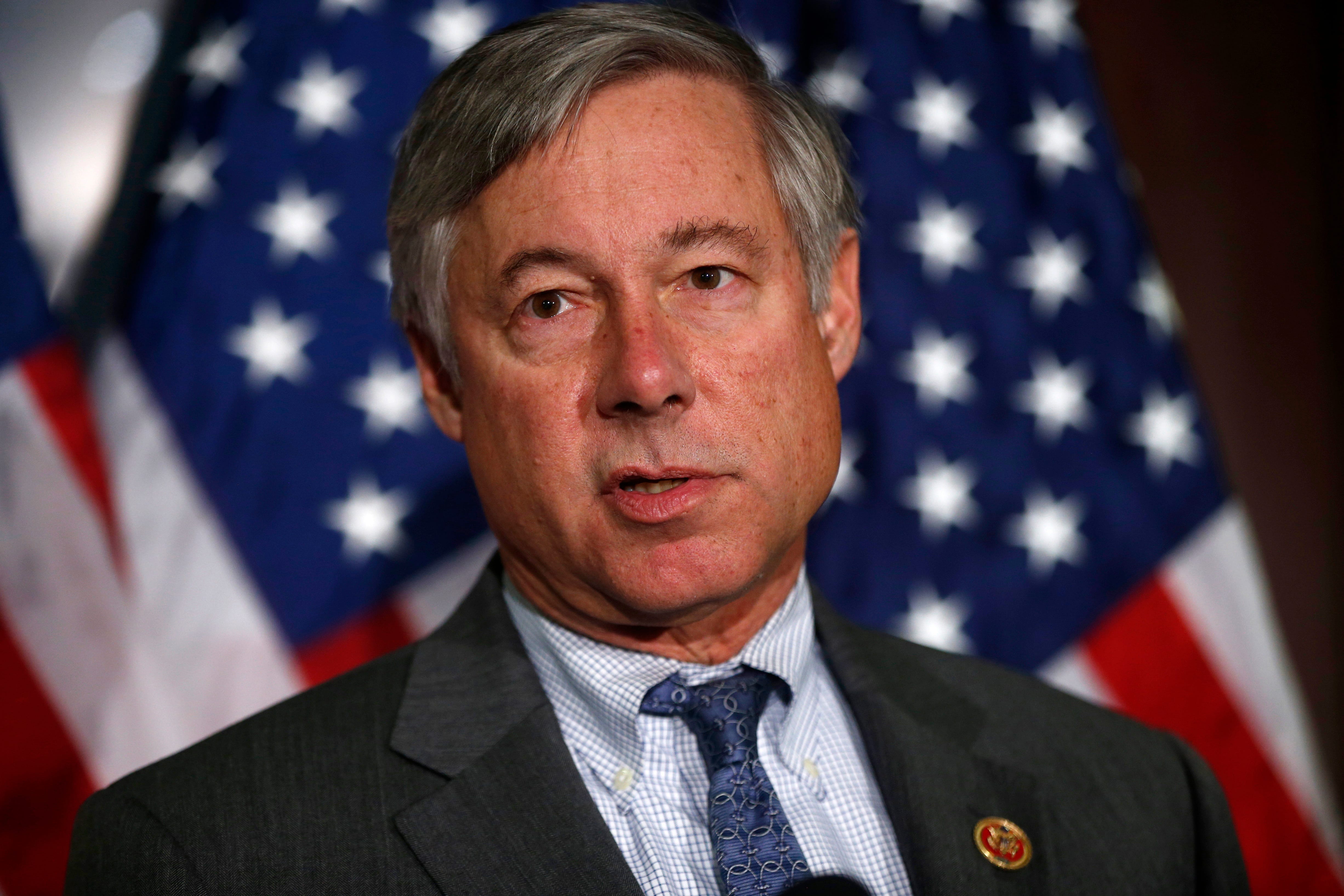U.S. Rep. Upton files bill to block import car tariffs
 Keith Laing
Keith Laing
Washington — U.S. Rep. Fred Upton, R-St. Joseph, is introducing legislation that would block President Donald Trump from imposing tariffs on imported cars as high as 25 percent, at least in the near term.
Upton said Wednesday he is co-sponsoring bipartisan legislation with U.S. Rep. Terri Sewell, D-Ala., to block Trump from imposing tariffs on imported cars and parts until the International Trade Commission conducts "a comprehensive study on the economic importance of automotive manufacturing in America."
"Countless jobs in Michigan and across the country depend on America’s automotive industry," Upton tweeted. "We simply need to better understand the current economic well-being of the auto industry before any tariffs are applied that could impact those jobs."
Sewell, whose home state is home to plants that are operated by Hyundai, Honda, Toyota and Mercedes-Benz, added in a statement: “The president’s tariff trade policy threatens U.S. auto workers, including nearly 40,000 hardworking men and women in Alabama alone."
He said the Trump administration has overreached its authority by claiming that cars and auto parts threaten American national security.
Trump has floated the possibility of placing 25 percent tariffs on imported vehicles, most recently in retaliation for a decision by General Motors Co. to idle four U.S. plants as it continues production in Mexico. The U.S. Commerce Department recently concluded a nine-month investigation of the national security impact of allowing imported cars to come into the U.S., but the agency has not made its findings public.
The process, initiated at the request of Trump in May 2018, could result in the president moving to impose tariffs under the guise of protecting the nation's security as early as May unless Upton and Sewell's measure becomes law.
The review process being used by the Trump administration is referred to as a Section 232 investigation in reference to a 1962 trade law that allows the president to impose tariffs if he determines a security threat exists. It was used last year by the Trump administration to impose tariffs on imported aluminum and steel.
The premise of the investigation has been mocked in foreign capitals, and European Union leaders have signaled such a move would prompt immediate retaliation.
Automakers have pushed the Trump administration to drop the import tariff proposal.
The Center for Automotive Research said in a report released in February that a 25 percent tariff on imported cars and parts would increase the average cost of all new cars sold in the U.S. by as much as $2,750 if Canada, Mexico and South Korea are exempted due to trade agreements. The price of vehicles imported from places other than Canada, Mexico and South Korea would go up an average of $3,700.
The average price of a new car was $36,590 in February 2019, according to Kelley Blue Book. Assuming a $3,000 down payment and a 4.7 percent interest rate on a five-year loan, the average monthly payment for a new car sold in Michigan would increase by $74 if $3,700 in tariffs were added to that price.
The Center for Automotive Research estimates the proposed duties would reduce car sales by 1.3 million per year in the U.S.